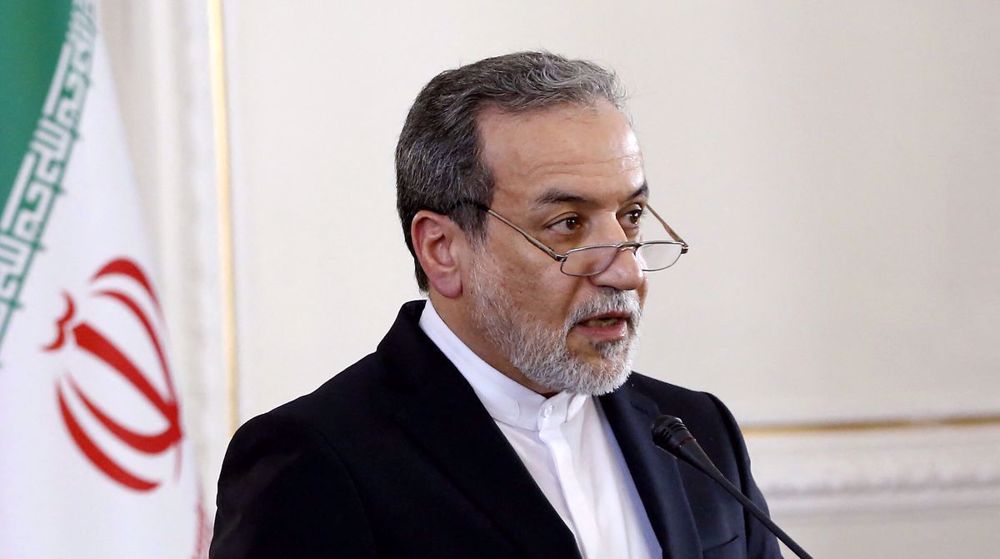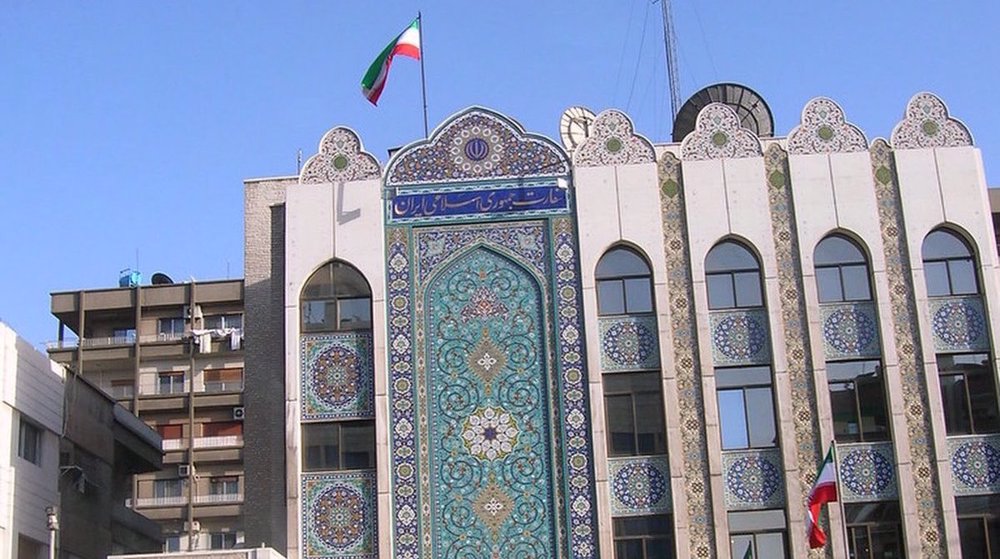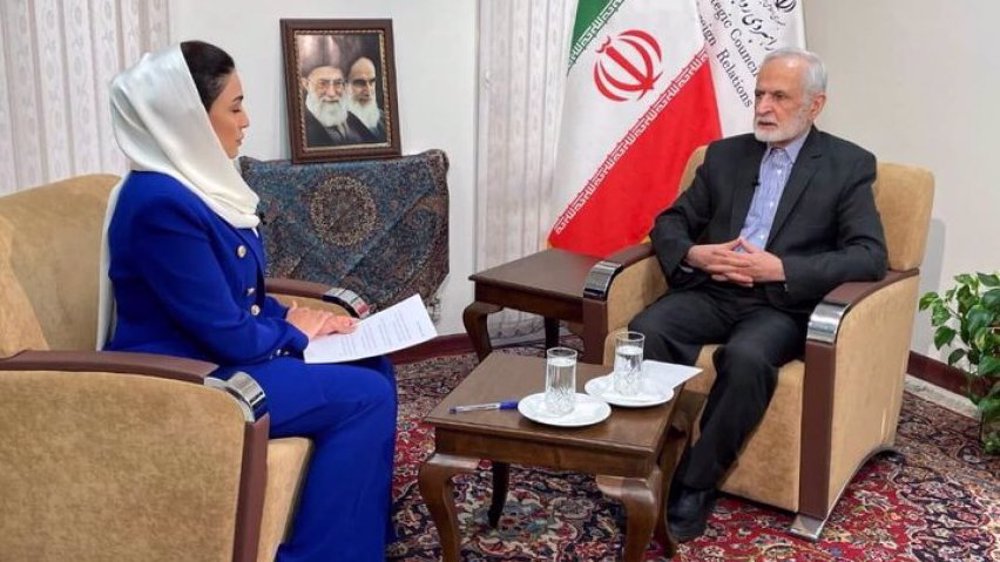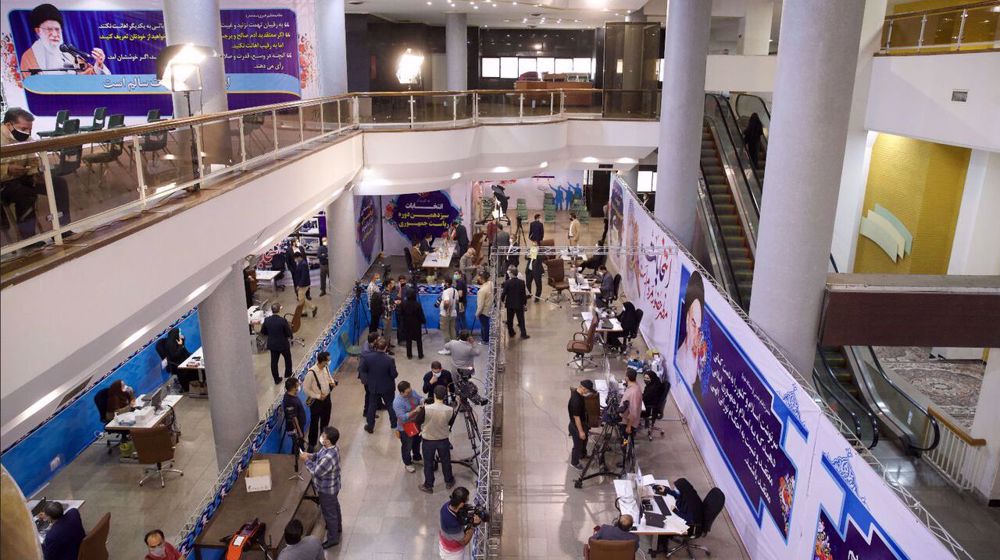Zarif turns down Reformist appeals to run for president, potentially reshaping 2021 race
Mohammad Javad Zarif, Iran’s foreign minister, has announced he will not be running for president in the June 18 election, officially turning down a major appeal by the Reformist camp and potentially reshaping the race.
In a rather cryptic Instagram post on Wednesday, Zarif officially announced what he had already implied by resisting weeks of Reformist lobbying and refusing to announce a presidential bid.
While the Iranian foreign minister had denied having presidential aspirations in the past, he had refused to emphatically and publicly rule out a run in recent weeks and as the election drew nearer.
In announcing his decision, Zarif said he had reached the conviction that his candidacy would not have been in the best interest of the country.
He said he had made the decision not on the basis of personal interests or for his own convenience, but because “I have reached this conscientious conviction that me running would not be in the best interest of the country and the nation given the perturbations that have been displayed in the past eight years, in particular since New Year’s Day, at the cost of ruining national unity and self-confidence and the hope and trust of the people.”
While he did not explain, Zarif was apparently referring to a controversy that arose after an audio file leaked in which he could be heard criticizing what he called “the field” for interfering in the determination of foreign policy and conduct of diplomacy.
In his Instagram post, Zarif thanked the many people who had pleaded with him to run but said he had reached the decision after much private deliberation.
“Speaking from experience, I know and you know that not to vote is a choice, but one that would only lead to the victory of the minority,” he said, however.
A career diplomat and academic, US-educated Zarif has spent many years representing Iran in the international community. Formerly, he was Iran’s ambassador to the United Nations (UN), from 2002 to 2007.
Zarif is known as the architect of a landmark nuclear deal between Iran and originally six major world countries inked in 2015. That agreement was the subject of much criticism from the Principlist camp, a section of which formed a group, under the banner of “We Are Perturbed,” to attack the deal and the broader policies of President Hassan Rouhani’s administration.
With Zarif out of the race, the Principlist camp will have one fewer very strong rival to contend with. And the Reformist torch will in all likelihood be handed over to Vice President Es’haq Jahangiri, who has nevertheless not confirmed or denied a run.
The Principlist camp, meanwhile, is yet to unite behind a single candidate.
On Tuesday, Iran opened registration for candidates hoping to succeed incumbent Rouhani, who is finishing his second term in office.
The registration process entered its second day on Wednesday, when former president Mahmoud Ahmadinejad showed up to nominate.
Once the process is over on Saturday, the names of the registered hopefuls will be handed over to the Constitutional Council for vetting.
VIDEO | Press TV's news headlines
Trump 2.0 and its possible implications on Ukraine war, NATO and Europe
Israeli commander exposed troops to resistance fire to steal plasma screens
Iran lifts ban on WhatsApp, Google Play
VIDEO | Palestinian childhood under threat
Yemeni forces strike Israeli military site with hypersonic missile
Yemeni missiles alter US, Israel’s calculations: Iranian FM
Israel provides full support for theft of aid to starve Gazans: Report















 This makes it easy to access the Press TV website
This makes it easy to access the Press TV website